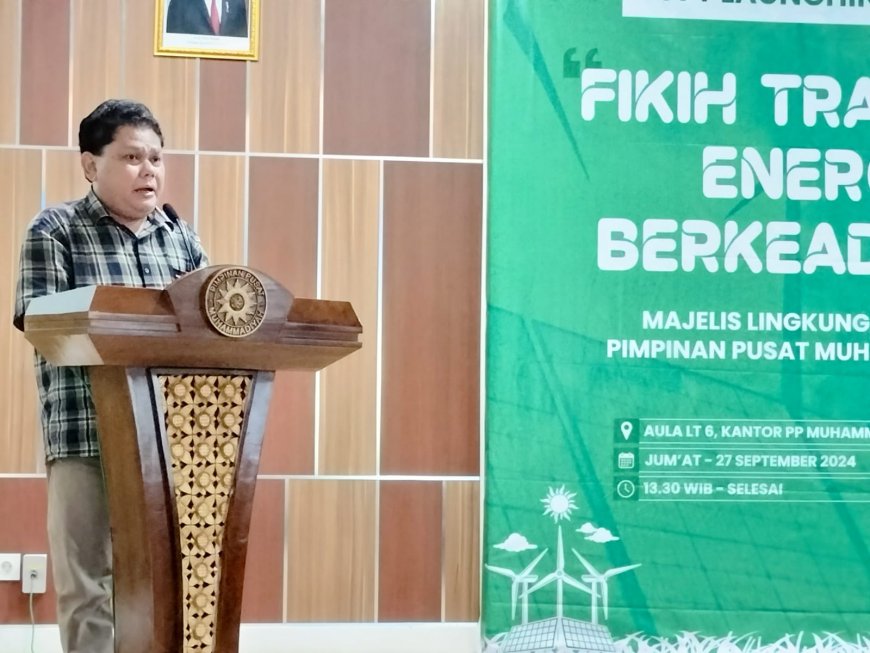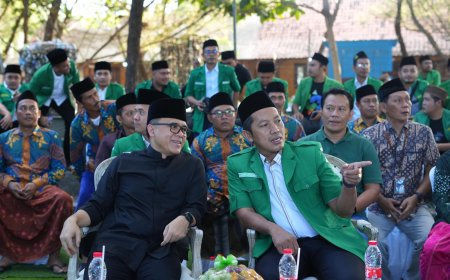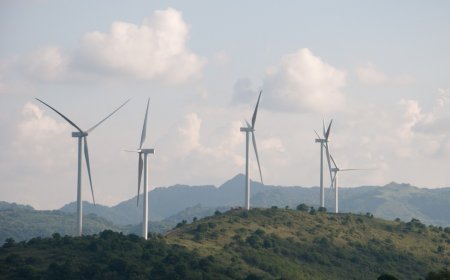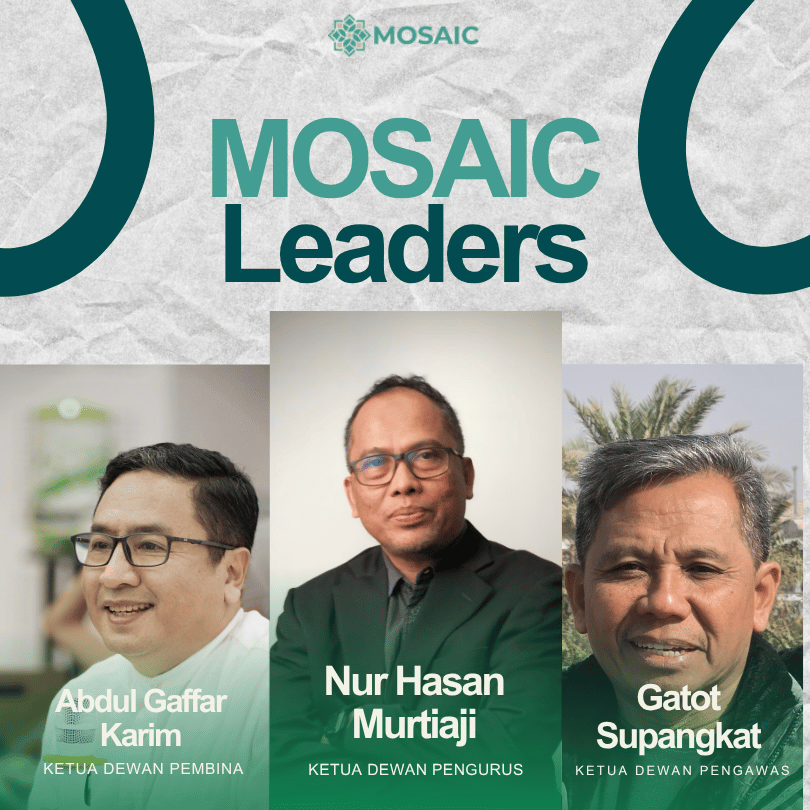Just energy transition fikih launched in Muhammadiyah's Office
MLH Muhammadiyah in collaboration with Green Faith and MOSAIC released a softlaunch of the book “Fair Energy Transition Fikih” in Jakarta.

MOSAIC-INDONESIA.COM, JAKARTA — To address various challenges in current energy management, the Environmental Assembly (MLH) of PP Muhammadiyah, in collaboration with Greenfaith and MOSAIC (Muslims for Shared Action on Climate Impact) released a softlaunch of the book Fikih Equitable Energy Transition at PP Muhammadiyah building, Jakarta, Friday (27/9/2024).
The book is expected to be a new paradigm for creating environmental sustainability through a fair clean energy transition program. The Equitable Energy Transition Fich is a concrete step from the Muslim Ummah for a Sustainable Indonesia launched in 2021, in which various Islamic organizations and climate observers who joined MOSAIC committed to collaborate on various initiatives for climate solutions. The book insists energy utilization must go beyond a purely economic approach, taking into account environmental sustainability, resource sustainability, and social and economic justice.
MLH PP Muhammadiyah Chairman M. Azrul Tanjung said that MLH with the support of the Tarj Assembly, formulated a book that is expected to be a trigger for making a breakthrough in renewable energy. She hopes that the book will open up perspectives for the safety of our children and grandchildren in the future.
The Equitable Energy Transition Fikih is the sustainability of the Fikih previously issued by Muhammadiyah including the Water Fikih, the Agrarian Fikih and the Kebencana. Justice is one of the key messages of this Fikih because the transition of energy is not just a change from one energy to another, without the aspect of justice. “During this time, many energy transition efforts are still far from equitable aspects, for example how the surrounding communities do not get access to energy themselves.”, explains Niki Alma Febriana Fauzi, one of the authors of the Mining Assembly in a written statement.
Hening Parlan, from GreenFaith and MLH Muhammadiyah, who is also one of the authors of the book, added: “This is important because Muhammadiyah fiqh not only speaks values and ideologies, but also follows a clear context and plan of action. Equitable Energy Transition is an intellectual challenge for the citizens of Muhammadiyah to deal with energy issues, so that we can move from dirty energy to cleaner energy.”
The idea of an equitable energy transition in line with MLH PP Muhammadiyah initiative drives real community action to contribute to the achievement of net zero emissions supported by the regenerative economy, through the support of Yayasan Visi Indonesia Raya Emissi Nol Bersih (ViriyaENB) through the 1000 Cahaya program.
Sahid Djunaedi, Secretary of the Directorate General of Renewable New Energy and Energy Conservation of the Ministry of Mineral Resources Energy stated that Indonesia has a huge potential for new and renewable energy, reaching 3,600 megawatts, but the current utilization is only about 13,000 megawatts, or only 0.3% of the total existing EBT potential, whereas the country is targeting Net Zero Emissions in 2060.
“We greatly appreciate the efforts of Muhammadiyah in supporting the energy transition. As the largest Islamic organization in Indonesia, Muhammadiyah's support for government programs is very important, and with this book, we are optimistic that Muslims can support a more massive energy transition, so that the 2060 target towards net zero emissions can be achieved.”
Sahid further explained that the Government is currently drafting a New Renewable Energy Bill. The bill is expected to be a strong foundation for equalizing frequencies related to energy transition and become a legal umbrella for renewable energy development policy in Indonesia.
The book of Equitable Energy Fiction is written based on several basic values in Islam, including Tawhid, Ayat (sign), Amanah, Adil, and Mizan. Some of the general principles under discussion are the Value of Piety, Regulation, Welfare, Deliberation to Conservation. This book of fiction addresses not only the conceptual realm but also good practice at the global paradigm level, up to the grass roots.
The Equitable Energy Transition Ficih Book will be officially launched at Tanwir Muhammadiyah in East Nusa Tenggara in the coming months. The book will also serve as a reference for various other initiatives such as the Energy Alms and the Climate Hijrah Workshop that will educate a number of young religious leaders on equitable energy transition and how to start the energy transition independently, the funding of which is collected through alms or other forms of Islamic philanthropy.







